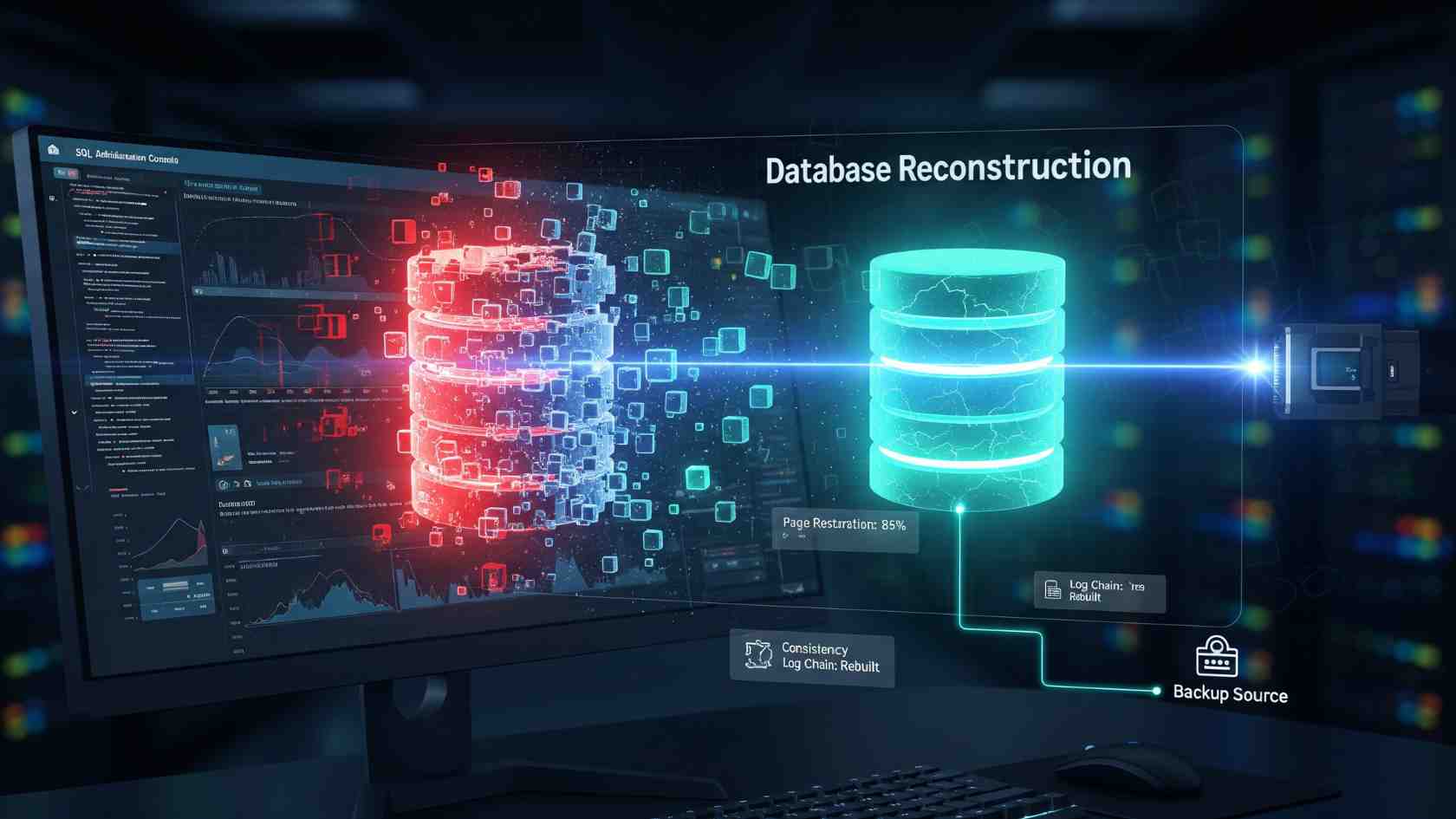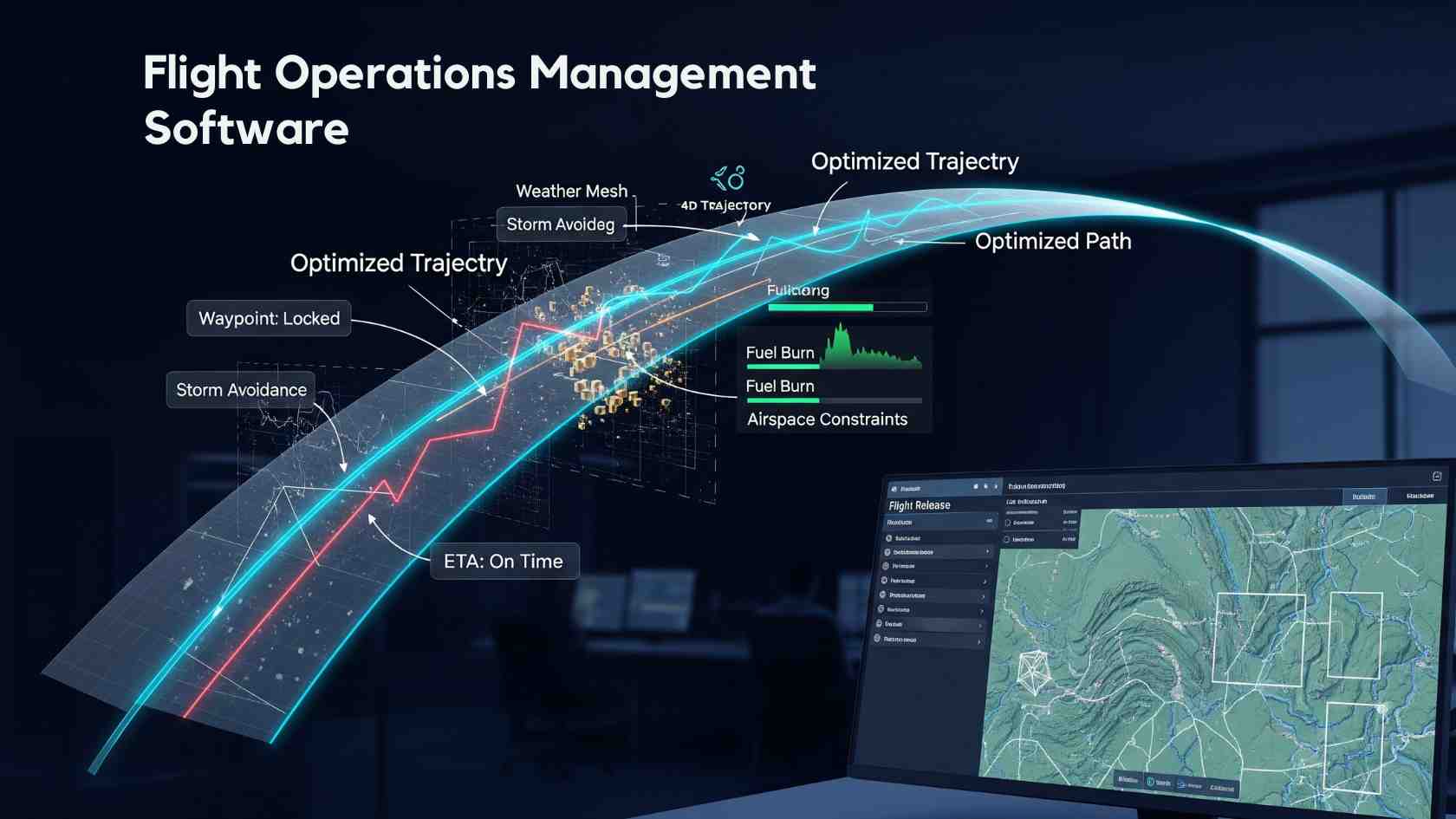It’s an uncertain time for businesses, to say the least. Conditions are so volatile that the World Economic Forum, consisting of the planet’s chief economists, named 2025 a year of uncertainty. Political upheaval, uncertain tariff regimes, and rapid development of new technologies such as AI caught even experienced watchers of the economy by surprise.
As a business leader, there is no way to completely prepare for everything that could happen in today’s uncertain market, but there are steps you can take to minimize the impact on your business. One way to adapt your business to a rapidly changing market is through scenario planning.
Here are a few reasons why scenario planning is important in a volatile global economy.
Scenario Planning Helps You Prepare for Different Outcomes
Scenario planning is creating a strategy for the future based on a few different situations, or scenarios. Instead of proceeding with one five-year strategy that is set in stone, you create a few different outcomes, or possible scenarios, depending on what else happens around you.
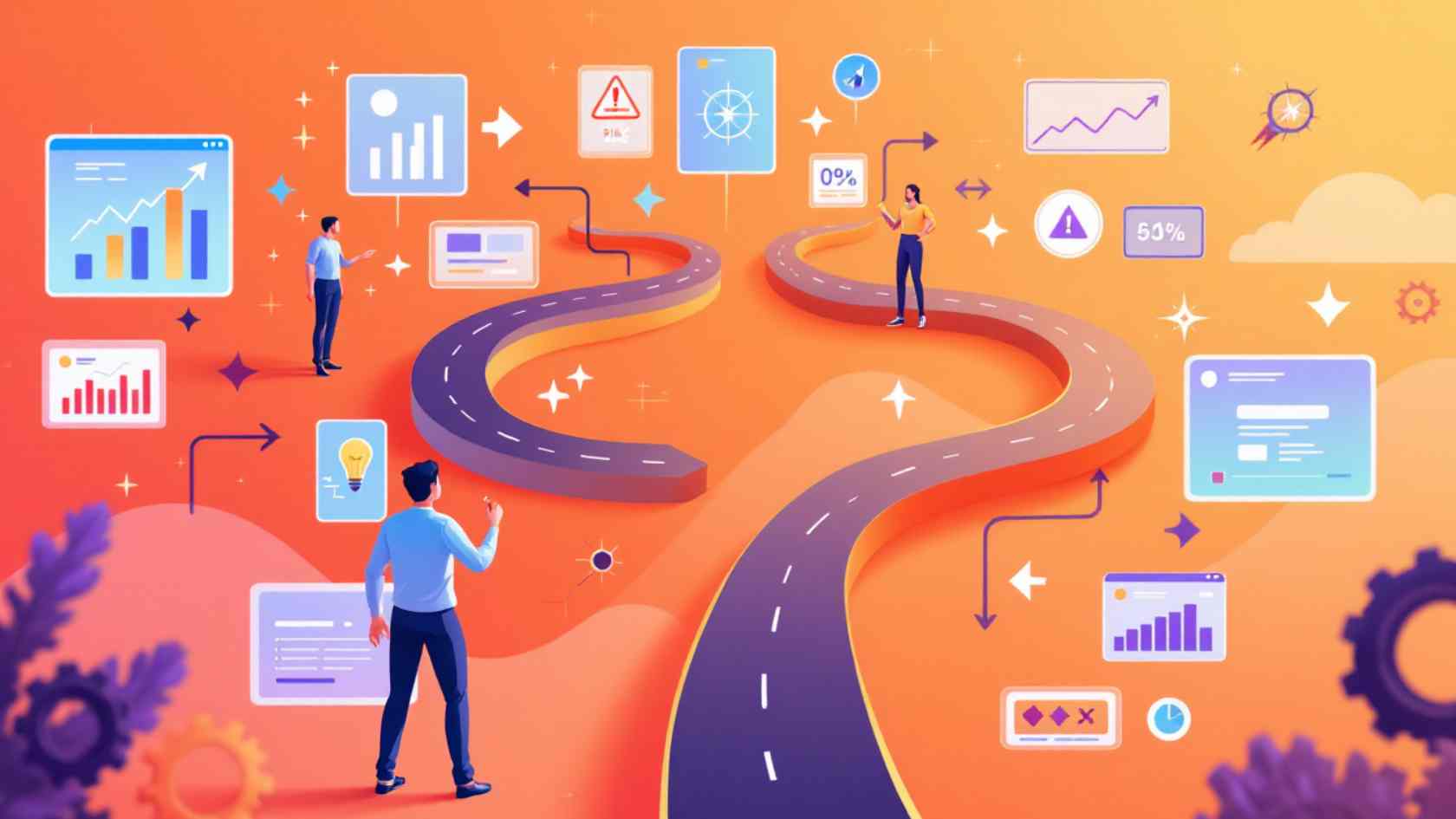
This way of planning for the future is ideal because it lets you plan for a few likely outcomes rather than relying on linear prediction. Engaging in scenario planning for businesses helps companies adjust their plans to volatile situations. You are more prepared for what might come because you develop responses in case of a few different outcomes.
The drawback with traditional strategic planning is that it can be too rigid. You create a well-developed growth plan, but when something happens that doesn’t align with the plan or makes you divert from the original plan, you are stuck without knowing what to do next.
Scenario planning makes you more prepared for a volatile economy because you develop contingency plans for a few different situations. Even if something different from the usual trajectory of the economy happens, you will have a plan on hand to respond rather than scrambling at the last minute to adjust.
Scenario Planning is the Best Way to Understand Your Current Challenges
Scenario planning is useful even if the different scenarios you outline haven’t come to pass yet. It can help you understand the present conditions of the economy and adjust your business immediately to take advantage of it.
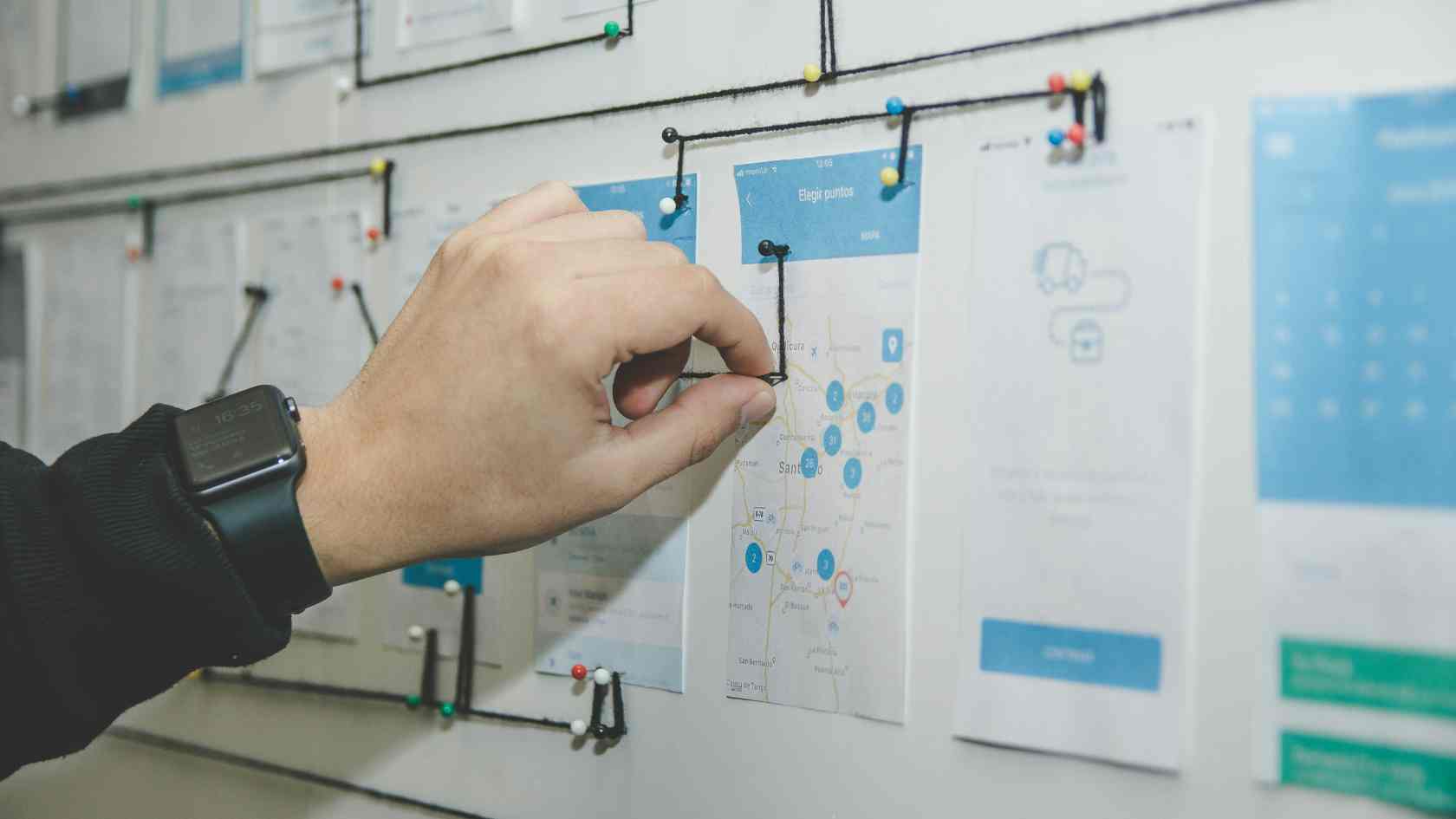
When you create different scenarios while future-proofing your business, you aren’t just making things up. You are designing different scenarios based on what you observe from the current conditions of the economy and extrapolating current conditions to a few likely outcomes.
By creating different scenarios, you gain a better understanding of what is happening around you at the moment. One of the challenges of trying to operate a business in a volatile economy is that you never fully understand the conditions of the moment. They are so different from what you are normally used to. Having to respond to challenges in real time leaves little time for reflection.
Engaging in a scenario planning workshop gives you the time you need to slow down and analyze the conditions around you. By preparing for possible futures, you gain a better understanding of the current market in all of its volatility.
Scenario Planning Helps You Understand Where Your Business is at Risk
The biggest benefit of scenario planning is that it reduces the number of surprises that your business is exposed to during an uncertain time. The next step after planning out a scenario is taking steps to prepare your business for that outcome.
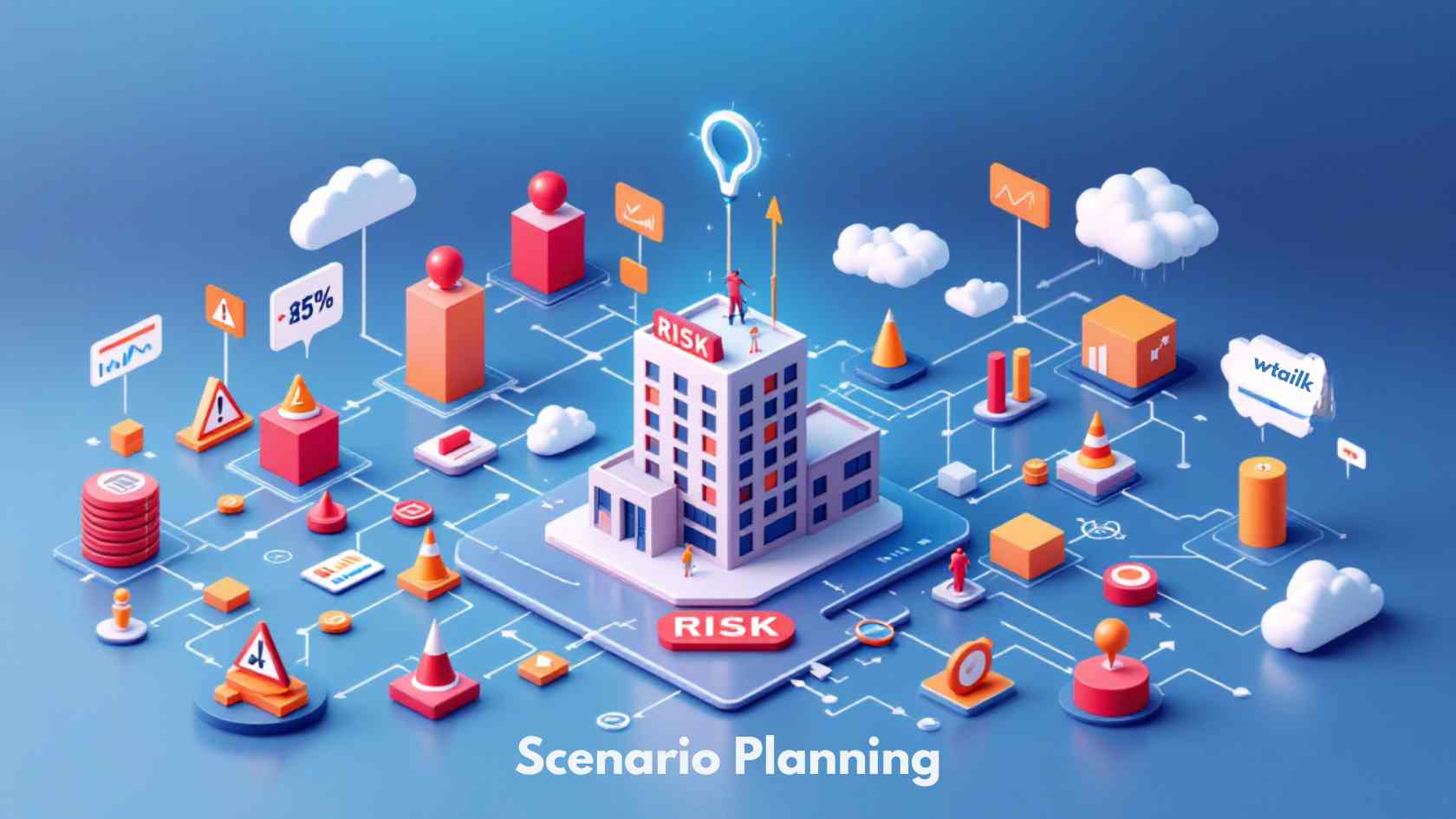
While planning for different scenarios in a rapidly changing economy, you will identify potential vulnerabilities that weaken your business’s response to different outcomes. These are parts of your company that are not that important or are even seen as strengths in normal times, but depending on the way that the economy develops, could be vulnerable areas.
Scenario planning is not just about assessing the economy around you, but about assessing your business’s response. Besides evaluating the market, you will also evaluate your own company and identify potential vulnerabilities. Figure out which areas of your business are at the highest risk of disruption under different scenarios, for example, your supply line under high tariffs.
The way you run your company is going to be different in uncertain times. Understanding how that needs to change is a big part of the puzzle of adjusting to an uncertain economy. Once you develop different scenarios, you can take steps to mitigate risks and patch up vulnerabilities in your business. Even if the worst scenario you identified doesn’t come to pass, your company will still be more resilient and ready to meet different challenges.
Scenario Planning Improves Morale
A rapidly changing market impacts more than stock prices and quarterly income statements. Uncertainty lowers company morale. When people worry about job security, feel nervous about future income, or grow disillusioned with their jobs, they lose productivity and create a gloomier workplace.

People hate uncertainty. Besides making planning for the future of the business difficult, it makes planning individual futures, from additional expenses to retirement, a fraught pursuit. An uncertain economy makes people feel out of control over their own lives and their company’s output.
Scenario planning helps people feel as if they are back in control. Even though they may not be in control over the larger trajectory of the economy, scenario planning helps people feel in control over the trajectory of the business. A group scenario planning session shows employees that management is ready for meeting the challenges that are ahead and that the company can adjust.
Navigating a Rapidly Changing Market with Scenario Planning
Nobody wants to guide a business through an uncertain economy, but sometimes, we have no choice. Scenario planning helps your business not just survive but thrive despite the challenges that a rapidly changing economy will throw at you.
Scenario planning helps you develop a flexible, informed response to different possible outcomes, identify vulnerabilities, and realistically prepare for the future. In the present day, it helps you identify current challenges and boost morale.
Rather than plowing ahead and hoping for the best, scenario planning allows you to navigate your business through uncertain times with an informed, confident set of plans at your disposal.



